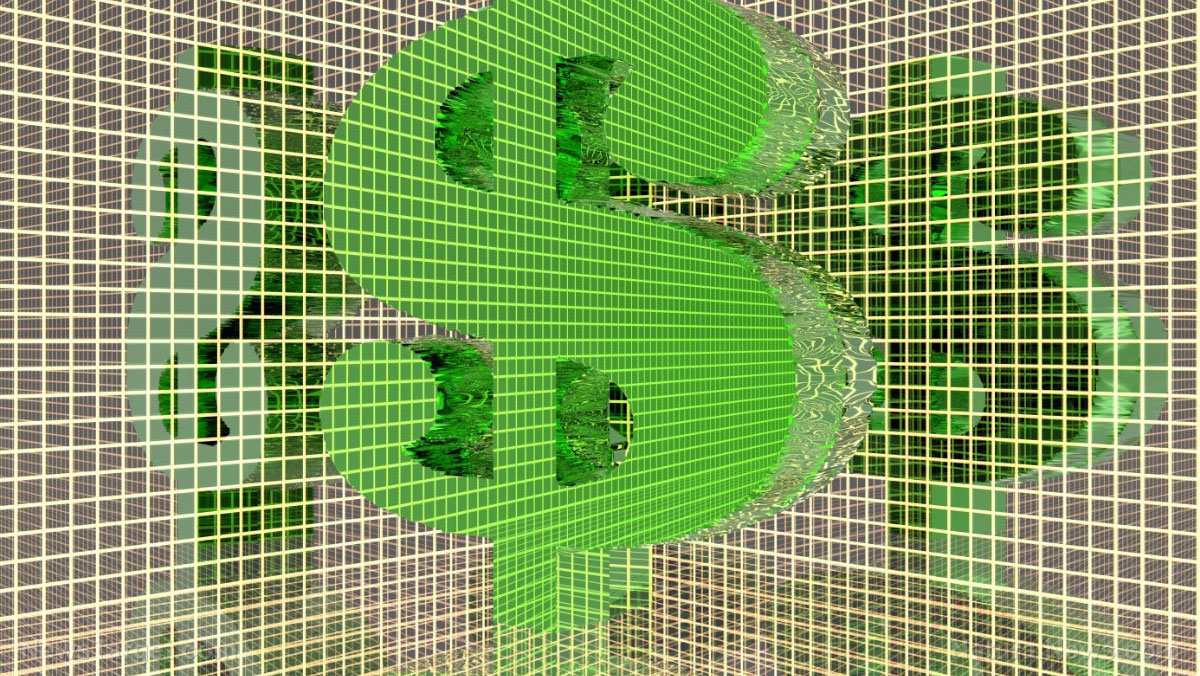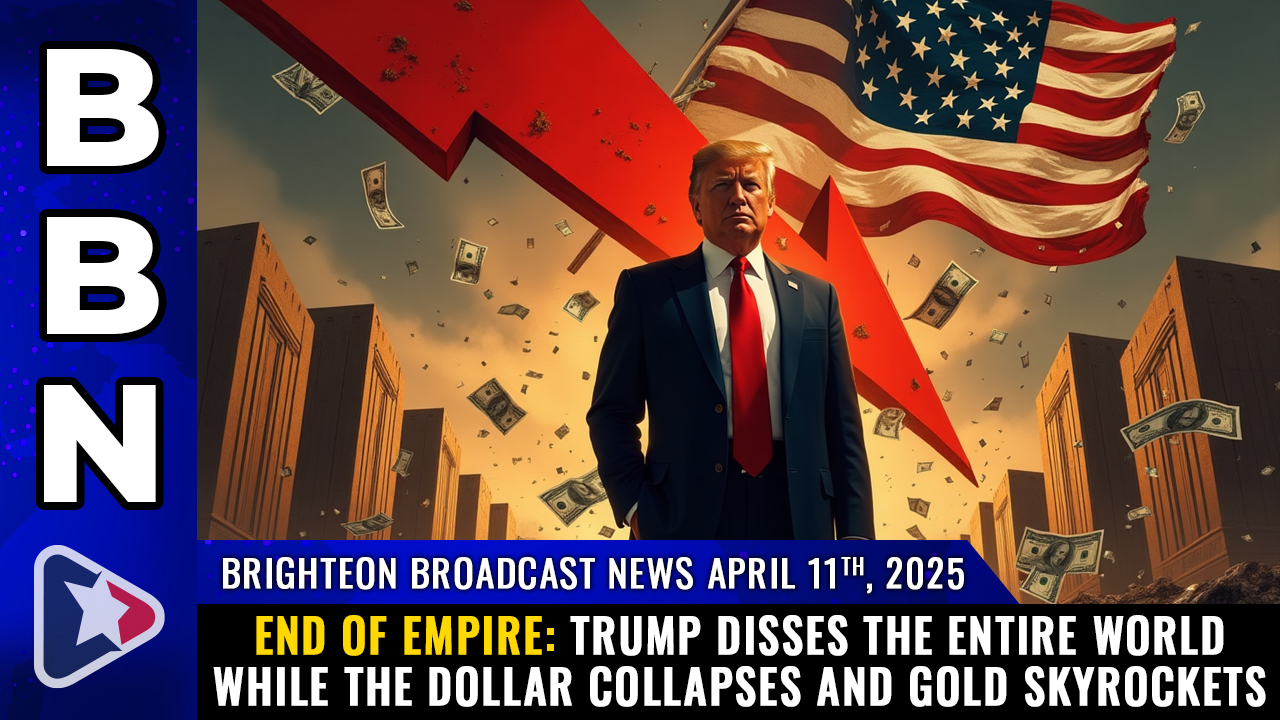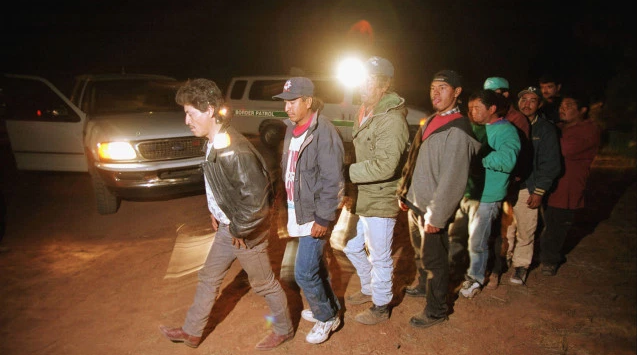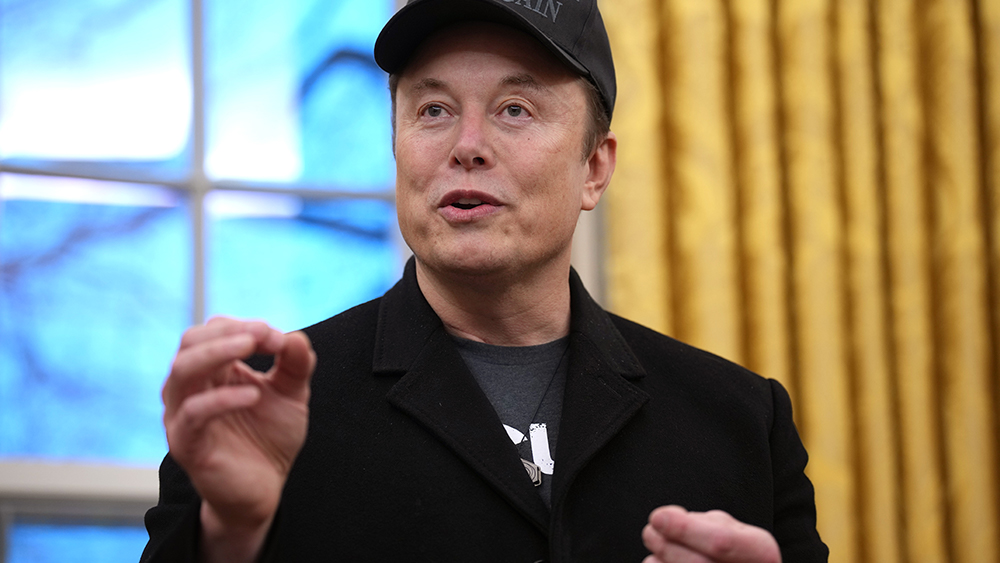Tesla halts U.S.-made Model S and X orders in China amid escalating trade war
By isabelle // 2025-04-12
Tweet
Share
Copy
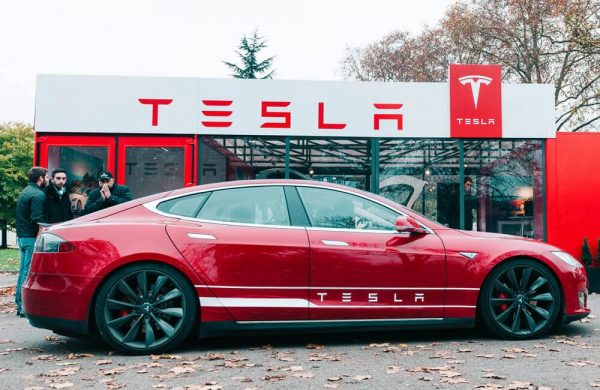
- Tesla halts orders for U.S.-made Model S and X in China due to soaring tariffs in the U.S.-China trade war.
- Retaliatory tariffs make U.S. imports prohibitively expensive, forcing Tesla to pivot its strategy.
- Tesla’s Shanghai factory shields Model 3 and Y sales, highlighting the value of local production.
- Elon Musk sends mixed signals on tariffs, balancing business pragmatism with trade policy tensions.
- Trump’s tariffs aim to reduce U.S. reliance on China and counter its unfair trade advantages.
Tariffs reshape Tesla’s China strategy
The electric vehicle (EV) giant, led by CEO Elon Musk, removed “order now” buttons for the Model S and X on its Chinese website, replacing them with “view available cars” options. The move follows Beijing’s retaliatory tariff hike, making U.S.-imported vehicles prohibitively expensive. With only 1,864 Model S and X units imported to China in 2024 — less than 0.5% of Tesla’s global deliveries — the financial impact may be limited. However, analysts say the decision reflects the broader challenges U.S. automakers face under punitive trade conditions. Trump’s tariffs, while criticized by some as disruptive, are forcing companies like Tesla to reassess their dependency on Chinese markets and supply chains — a reckoning many argue is long overdue. By driving production back to U.S. soil or friendlier trading partners, these policies could ultimately strengthen domestic manufacturing and reduce vulnerabilities to China’s economic coercion.Domestic production offers a lifeline
Tesla’s foresight in establishing a Shanghai factory in 2020 has blunted the worst effects of the trade war. Local production of the Model 3 and Y, which dominate Tesla’s Chinese sales, insulates the company from import tariffs while giving it an edge against U.S. competitors still reliant on overseas shipments. This strategic pivot aligns with Trump’s push for reshoring critical industries in the U.S., proving that smart policy and corporate adaptability can counter China’s trade aggression.Musk’s tariff stance under scrutiny
Elon Musk has sent mixed signals on trade policy. Last week, he argued for “zero tariffs” between the U.S. and EU — a stance that clashes with Trump’s protectionist measures. However, some conservatives counter that Musk’s comments reflect pragmatic negotiation tactics rather than opposition. Tariffs, they argue, are a temporary tool to compel fairer trade terms, not a permanent barrier. Despite Musk’s influence, Tesla has privately warned Washington that tariffs could hurt American businesses, though such concerns must be weighed against China’s predatory tactics. The Communist Party’s 125% retaliatory tariff on U.S. autos reveals its willingness to weaponize trade, justifying Trump’s firm response.China’s unfair competition
The suspension of Model S and X orders also underscores China’s anti-competitive advantage. State-backed firms like BYD benefit from cheap loans, subsidies, and domestic market protection — advantages U.S. companies lack. Tesla’s Shanghai factory operates under Beijing’s strict regulatory whims, a precarious position for any foreign firm. Trump’s tariffs are not about isolationism but forcing China to play by the rules. As Tesla’s struggles show, reliance on an adversarial regime carries risks. The trade war may inflict short-term pain, but the long-term payoff — reshored jobs, secure supply chains, and fair competition — may justify the fight. Tesla’s China slowdown is a microcosm of the broader economic showdown between the U.S. and Beijing. While Trump’s tariffs have disrupted trade, they’ve also exposed China’s vulnerabilities and spurred American companies to diversify. Musk’s Shanghai gamble demonstrates foresight, but the suspension of U.S.-made models proves that no business is safe from Communist Party coercion. Sources for this article include: TheGuardian.com Reuters.com Teslarati.comTweet
Share
Copy
Tagged Under:
Elon Musk collapse Donald Trump economy China market crash politics tesla big government risk money supply bubble electric cars supply chain tariffs trade wars
You Might Also Like
Trump to impose major tariffs on foreign-made pharmaceuticals
By Laura Harris // Share
EU pauses retaliatory tariffs as Trump temporarily halts new duties
By Willow Tohi // Share
“Breaking Banks” explores the digital transformation of finance
By Belle Carter // Share
Market rebounds on Trump’s tariff pause, but uncertainty looms
By Willow Tohi // Share
Gold prices surge past $3,200 as experts warn of U.S. dollar collapse under Trump policies
By Finn Heartley // Share
Recent News
Tesla halts U.S.-made Model S and X orders in China amid escalating trade war
By isabelle // Share


